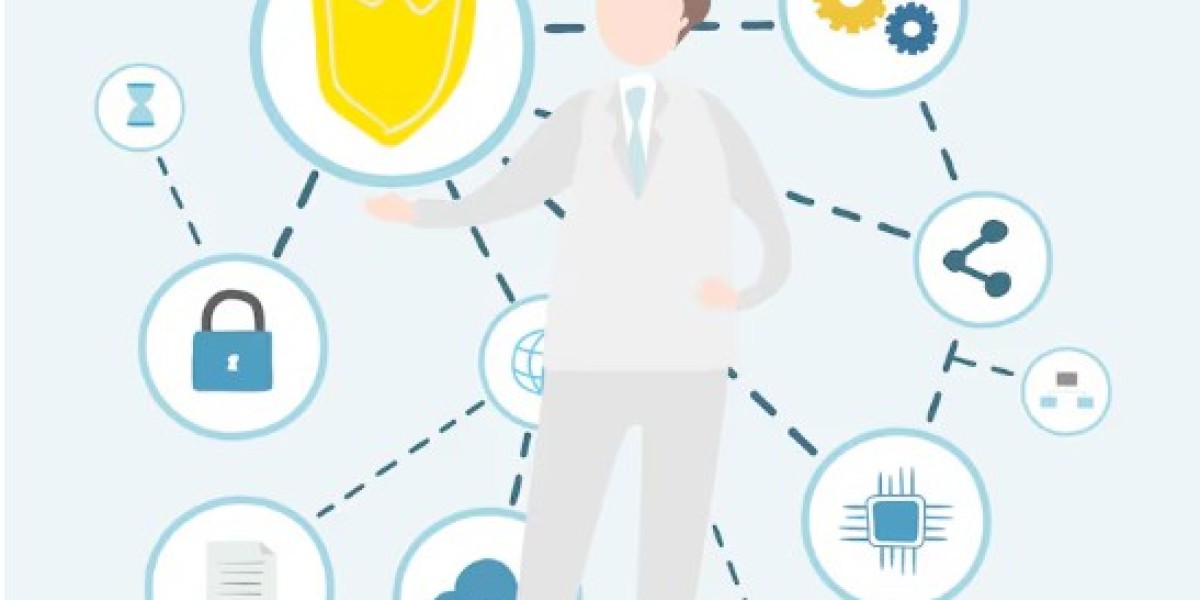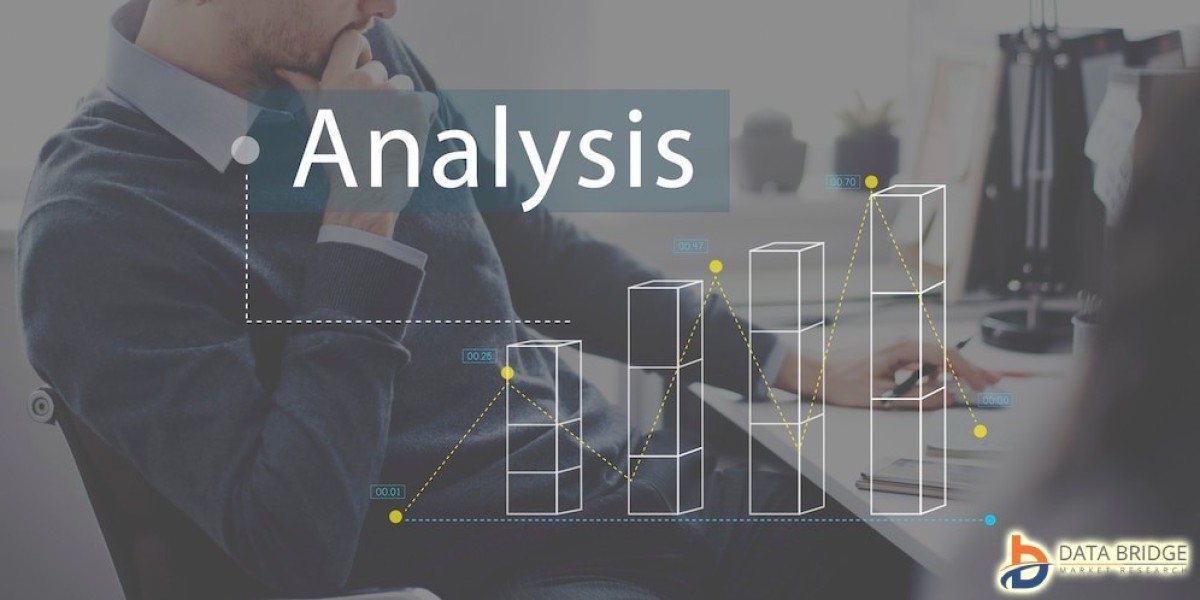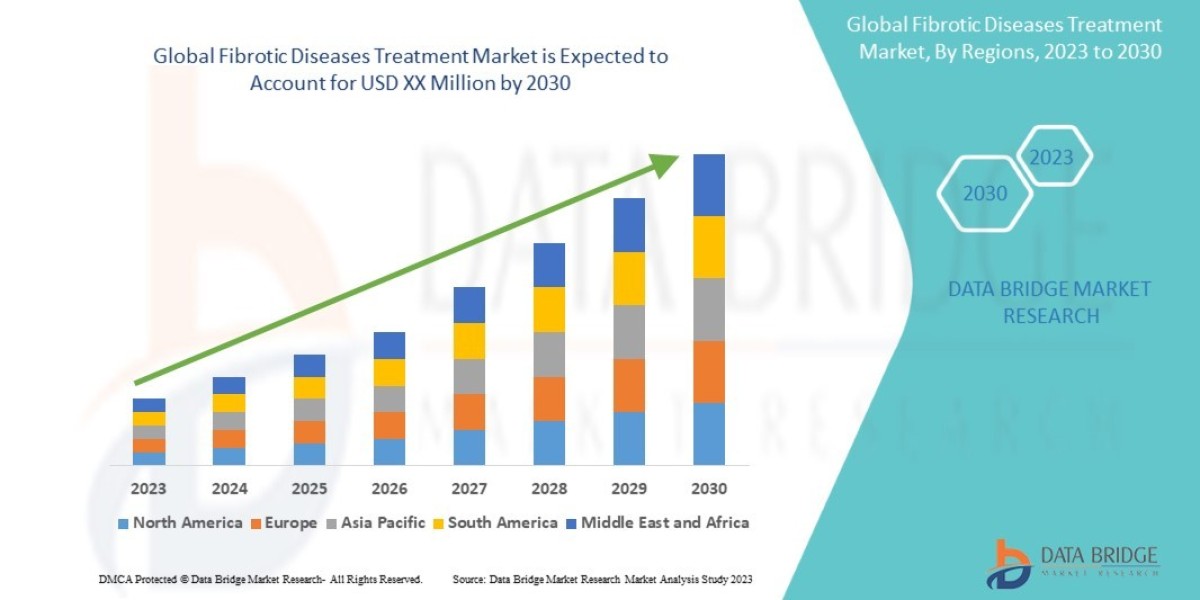The healthcare industry demands the highest levels of security, compliance, and reliability when it comes to web applications. Patient data privacy, regulatory requirements like HIPAA and GDPR, and the need for seamless user experiences make choosing the right development framework crucial.
Here are the top five frameworks for building secure, scalable, and compliant healthcare web applications.
1. Django (Python)
Why Choose Django for Healthcare Apps?
Django is a high-level Python framework known for its robust security features, scalability, and rapid development capabilities. It follows the "batteries-included" philosophy, offering built-in protections against common vulnerabilities like SQL injection, cross-site scripting (XSS), and cross-site request forgery (CSRF).
Key Benefits:
HIPAA Compliance: Django’s security middleware and encryption support help meet healthcare data protection standards.
ORM Layer: Prevents SQL injection by default.
Modular Architecture: Enables easy integration with healthcare APIs (FHIR, HL7).
Audit Logs: Tracks user activity for compliance reporting.
Best For:
Large-scale EHR (Electronic Health Records) systems, telemedicine platforms, and patient portals.
2. Ruby on Rails (Ruby)
Why Choose Ruby on Rails for Healthcare Apps?
Ruby on Rails (RoR) is a developer-friendly framework that emphasizes convention over configuration, speeding up development without compromising security. Its strong community support and built-in security measures make it ideal for healthcare applications.
Key Benefits:
Secure by Default: Protects against common threats like XSS and CSRF.
Fast Development: Reduces time-to-market for healthcare startups.
API-First Approach: Easily integrates with third-party healthcare services.
Active Record: Provides secure database interactions.
Best For:
Healthtech startups, appointment scheduling systems, and medical billing software.
3. Laravel (PHP)
Why Choose Laravel for Healthcare Apps?
Laravel is a modern PHP framework with elegant syntax and powerful security features. It includes tools for authentication, encryption, and secure session management, making it a strong choice for healthcare applications.
Key Benefits:
Built-in Authentication: Secure user access controls.
Encryption Libraries: Safeguards sensitive patient data.
Artisan Console: Automates security tasks like key generation.
Blade Templating: Prevents XSS attacks via auto-escaping.
Best For:
Hospital management systems, pharmacy management apps, and telehealth solutions.
4. Spring Boot (Java)
Why Choose Spring Boot for Healthcare Apps?
Spring Boot is a Java-based framework favored for enterprise-level healthcare applications due to its strong security, scalability, and microservices support. It integrates seamlessly with legacy healthcare systems while ensuring compliance.
Key Benefits:
OAuth & JWT Support: Secure authentication and authorization.
Microservices Architecture: Enables modular, scalable healthcare solutions.
HIPAA/GDPR Compliance: Robust data encryption and access controls.
Spring Security: Advanced threat protection.
Best For:
Enterprise EHR systems, clinical research platforms, and government health portals.
5. ASP.NET Core (C#)
Why Choose ASP.NET Core for Healthcare Apps?
Microsoft’s ASP.NET Core is a high-performance framework with strong security features, making it ideal for healthcare applications that require compliance with strict regulations.
Key Benefits:
Identity Framework: Secure role-based access control (RBAC).
Data Protection API: Encrypts sensitive healthcare data.
Azure Integration: Seamless cloud deployment with HIPAA-compliant hosting.
Cross-Platform Support: Runs on Windows, Linux, and macOS.
Best For:
Hospital information systems (HIS), lab management software, and insurance claim processing apps.
Conclusion
Selecting the right framework for a healthcare web application depends on security needs, compliance requirements, scalability, and development speed. Django and Spring Boot excel in enterprise-level security, while Ruby on Rails and Laravel offer rapid development for startups. ASP.NET Core is ideal for organizations leveraging Microsoft’s ecosystem.
By choosing a framework with built-in security features and compliance support, healthcare providers can ensure patient data remains protected while delivering seamless digital experiences.








